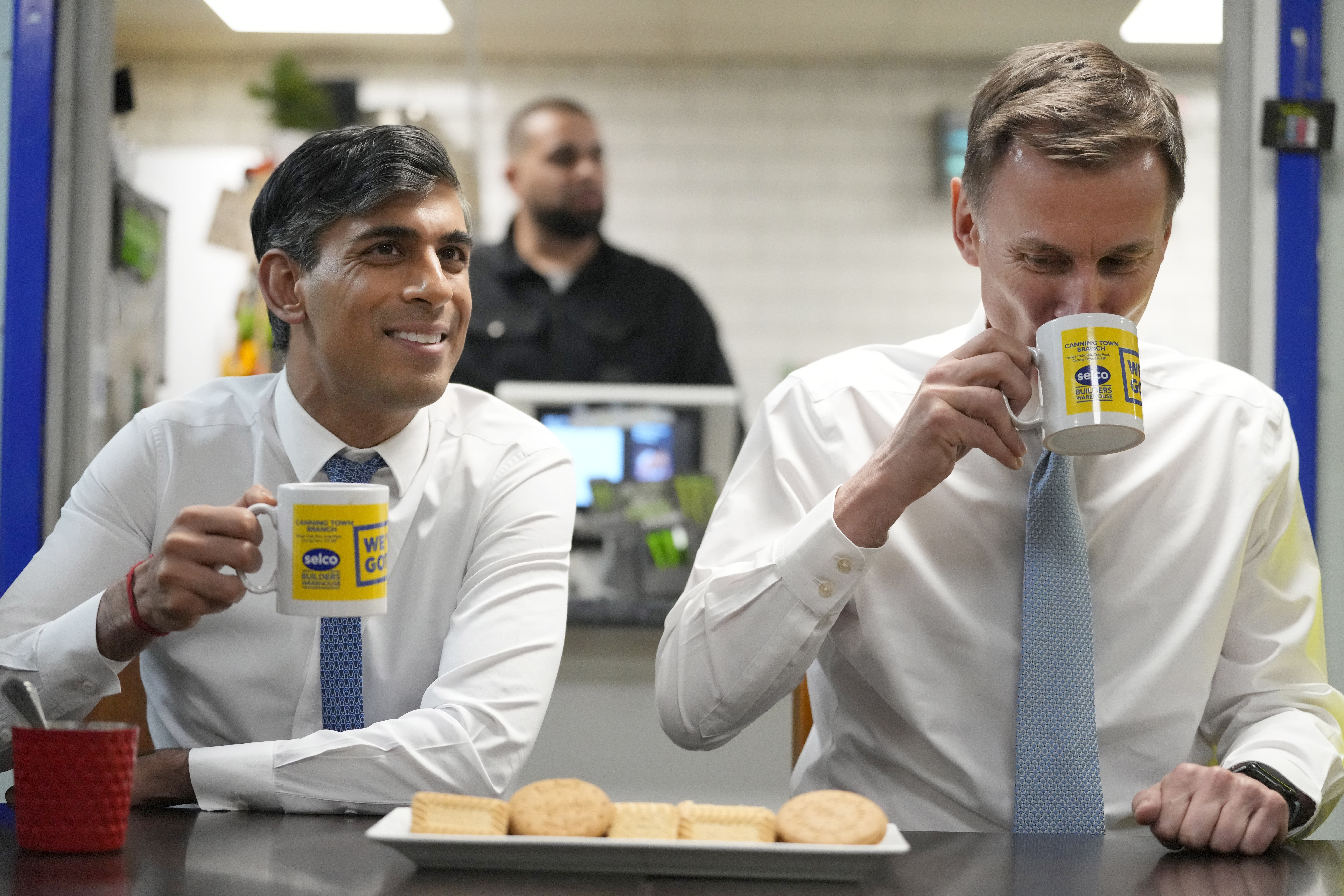Tories and Labour in conspiracy of silence about post-election cuts – IFS chief
Paul Johnson said the Budget was not transparent about the trade-offs being pencilled in, and abolishing national insurance was ‘unrealistic’.

Both the Conservatives and Labour are engaged in a “conspiracy of silence” about public spending after the election, the head of the Institute for Fiscal Studies has said.
Paul Johnson, director of the respected think tank, said Wednesday’s Budget had not been transparent about the challenges facing the UK, pencilling in significant cuts to public spending for after the election without setting out what that would involve.
The prospective cuts are required to ensure the Government meets its fiscal rule to have debt falling in five years’ time, and involve cutting spending on unprotected departments – including courts, prisons and local councils – by around £20 billion, and cutting public investment by £18 billion a year in real terms.
Government and opposition are joining in a conspiracy of silence in not acknowledging the scale of the choices and trade-offs that will face us after the election.
They also assume that the “temporary” freeze on fuel duty will end, something that has not happened in the last 15 years.
Mr Johnson said: “Maybe that is possible, but keeping to these plans would require some staggeringly hard choices which the Government has not been willing to lay out.
“Indeed, we heard yesterday that the next spending review, in which these choices will have to be announced, will rather conveniently not happen until after the election.
“One only has to look at the scale of NHS waiting lists, the number of local authorities at or near bankruptcy, the backlogs in the justice system, the long-term cuts to university funding, the struggles of the social care system, to wonder where these cuts will really, credibly come from.”
While he was doubtful that the Conservatives would deliver their current spending plans, Mr Johnson also expressed scepticism that Labour would oversee significant cuts to public spending if it won the election.
He said: “Government and opposition are joining in a conspiracy of silence in not acknowledging the scale of the choices and trade-offs that will face us after the election.
“They, and we, could be in for a rude awakening when those choices become unavoidable.”
He went on to dismiss the Chancellor’s stated ambitions to abolish employees’ national insurance contributions and increase defence spending to 2.5% of GDP without further detail on how they would be funded as “unlikely”.
He said: “Remarkably, Mr Hunt stuck with the claim that he wants defence spending to rise to 2.5% of national income ‘as soon as economic conditions allow’.
“Well, economic conditions allowed a £10 billion cut in NICs this year. So they could have allowed a £10 billion increase in defence spending instead.
“That would have just about met the target. Actions speak louder than words.”
On national insurance, he added: “This pledge to cut taxes by more than £40 billion goes in the same bucket as pledges to increase defence spending – not worth the paper it’s written on unless accompanied by some sense of how it will be afforded.”
Speaking to broadcasters on Thursday, Rishi Sunak declined to explain how he would fund an abolition of national insurance, saying people “trust me on these things” and that he would only cut taxes “responsibly”.
Bookmark popover
Removed from bookmarks